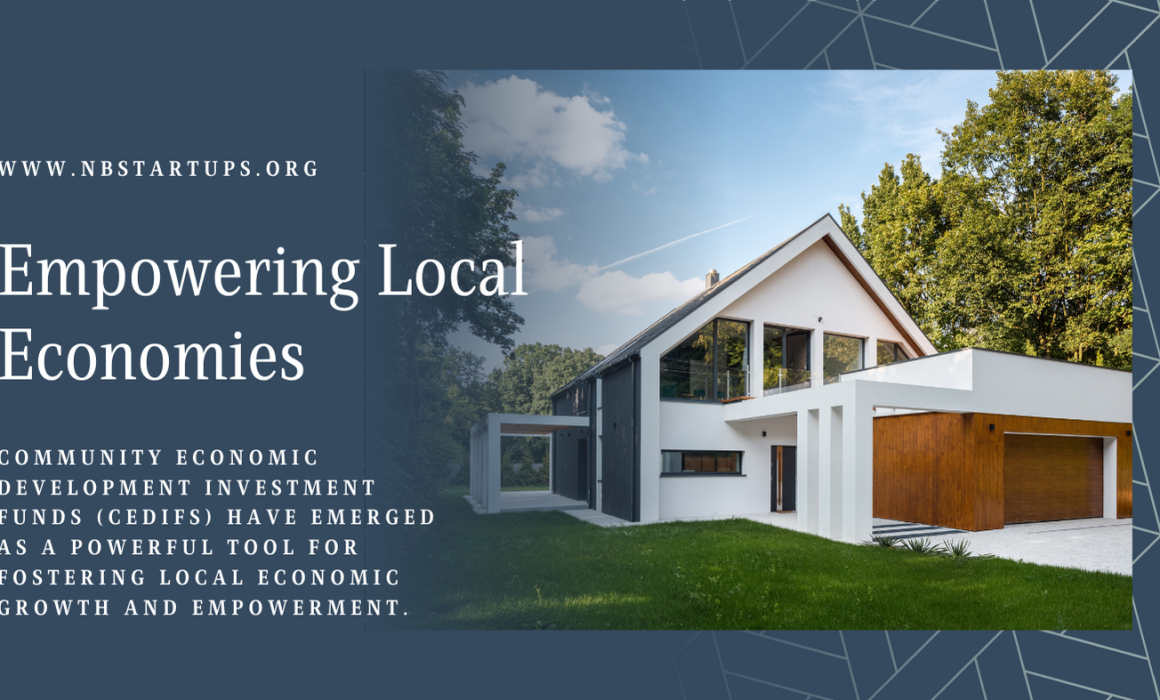In New Brunswick, there are numerous home-based business ideas that individuals can leverage, even with limited initial investment.
We’ve thoroughly explored various home-based business ideas tailored for New Brunswick residents to determine what’s feasible and recommended. While many options require significant upfront investment, we’ve focused on those that are accessible with minimal starting capital.
PDF Download: Explore Funding Potential For The 13 Businesses Listed
Starting a Home-Based Small Business in New Brunswick
When considering which home-based business idea to choose in New Brunswick, think about the following:
- What are your interests and skills?
- How much time can you dedicate to the business?
- Is the business model suitable for you?
- Do you have initial funds to invest in the business?
These questions will help guide you to the right home-based business idea for you.
Starting a home-based small business requires dedication and effort. Unlike traditional brick-and-mortar businesses, you may need to invest more time, even though the financial startup costs might be lower.
Top Home-Based Business Ideas for New Brunswick
- Start a Blog: Create a blog about a topic that interests you. Monetize it through advertising, selling products or services, or building an email list for marketing purposes. The startup cost can be under $100.
- Sell Products Online: Utilize e-commerce platforms to sell products. Research the products, determine costs, and calculate potential profits. Consider drop shipping to reduce overhead costs.
- Renting Out Your Space: If you own property, consider using services like Airbnb to rent out a room or your entire home. This can be especially lucrative in tourist-friendly areas.
- Driving Services: For those with a driver’s license and a newer car, consider driving for Uber, Lyft, or delivering food with SkipTheDishes or Uber Eats.
- Freelance Writing: There’s a high demand for quality content online. Writing for various industries can be a profitable venture based on contracts.
- Thrift Store and Garage Sale Reselling: Purchase low-cost items and resell them online for a profit.
- E-Commerce on Major Platforms: Selling products on eBay, Etsy, Amazon, or Kijiji can tap into a larger market.
- Become a Home Inspector: With the real estate market growth, home inspection services are in demand.
- Tutoring Services: Offer tutoring in your area of expertise. This can be done online or in person.
- Seasonal Christmas Decoration Services: Providing decoration services during the holiday season can be quite lucrative.
- Mobile Vehicle Maintenance: Offering oil changes and car washes at clients’ homes or workplaces can fill a niche market.
- Home-Based Daycare: If you enjoy working with children, starting a home-based daycare can be a rewarding business.
- Photography Business: Turn your photography skills into a business, offering services for events, portraits, or stock photography.
- Cleaning Services: Start a cleaning business catering to residential or commercial clients.
Each idea has been selected for its relevance to the New Brunswick market, considering factors like local demand, cultural significance, and economic trends.
Funding and Support: Explore potential funding opportunities to support your home-based business in New Brunswick. Grants, loans, and other financial aid can provide the necessary boost to get your business off the ground.
Download the Comprehensive Guide to Funding Opportunities in New Brunswick
Starting a home-based business in New Brunswick offers a unique opportunity to tap into a market that values local, personalized, and niche services. With the right idea, minimal startup costs, and a strategic approach, you can embark on a rewarding entrepreneurial journey.





Recent Comments